Henri CartierBresson 布列松 History Of Photography, Candid Photography, Underwater Photography

Ventana al vacío Henri CartierBresson
Henri Cartier-Bresson, one of the world's greatest photographers, put down his camera nearly 30 years ago after capturing some of the 20th century's greatest historical moments and figures. NPR's.
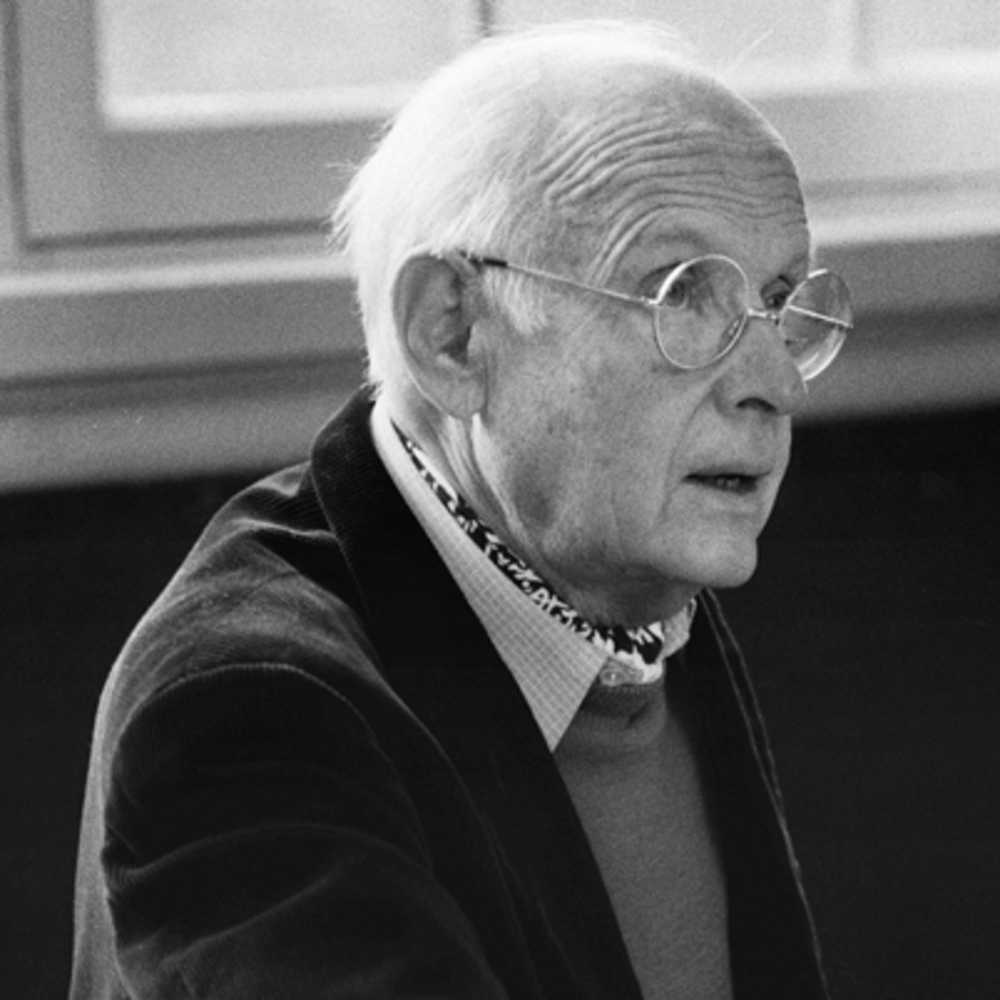
SwashVillage Biografía de Henri CartierBresson
Henri Cartier-Bresson
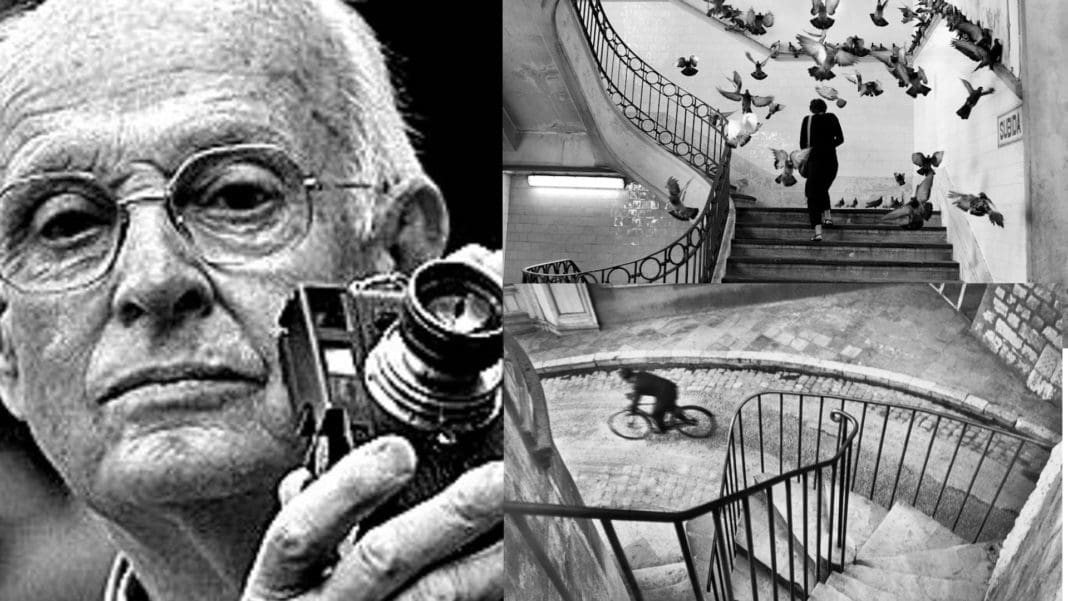
Henri Cartier Bresson Vita e Foto Famose Fotografia Moderna
Henri Cartier-Bresson (French: [kaʁtje bʁɛsɔ̃]; 22 August 1908 - 3 August 2004) was a French artist and humanist photographer considered a master of candid photography, and an early user of 35mm film. He pioneered the genre of street photography, and viewed photography as capturing a decisive moment.Cartier-Bresson was one of the.

Henri CartierBresson 'There Are No Maybes' The New York Times
Henri Cartier-Bresson has intuitively chronicled decisive moments of human life around the world with poetic documentary style. His photographs impart spontaneous instances with meaning, mystery, and humor in terms of precise visual organization, and his work, although tremendously difficult to imitate, has influenced many other photographers.

Henri CartierBresson Ateneum's New Exhibition Of an Essential 20th Century Photographer
Henri Cartier-Bresson was born on August 22, 1908 in Chanteloup, France. A pioneer in photojournalism, Cartier-Bresson wandered around the world with his camera, becoming totally immersed in his.
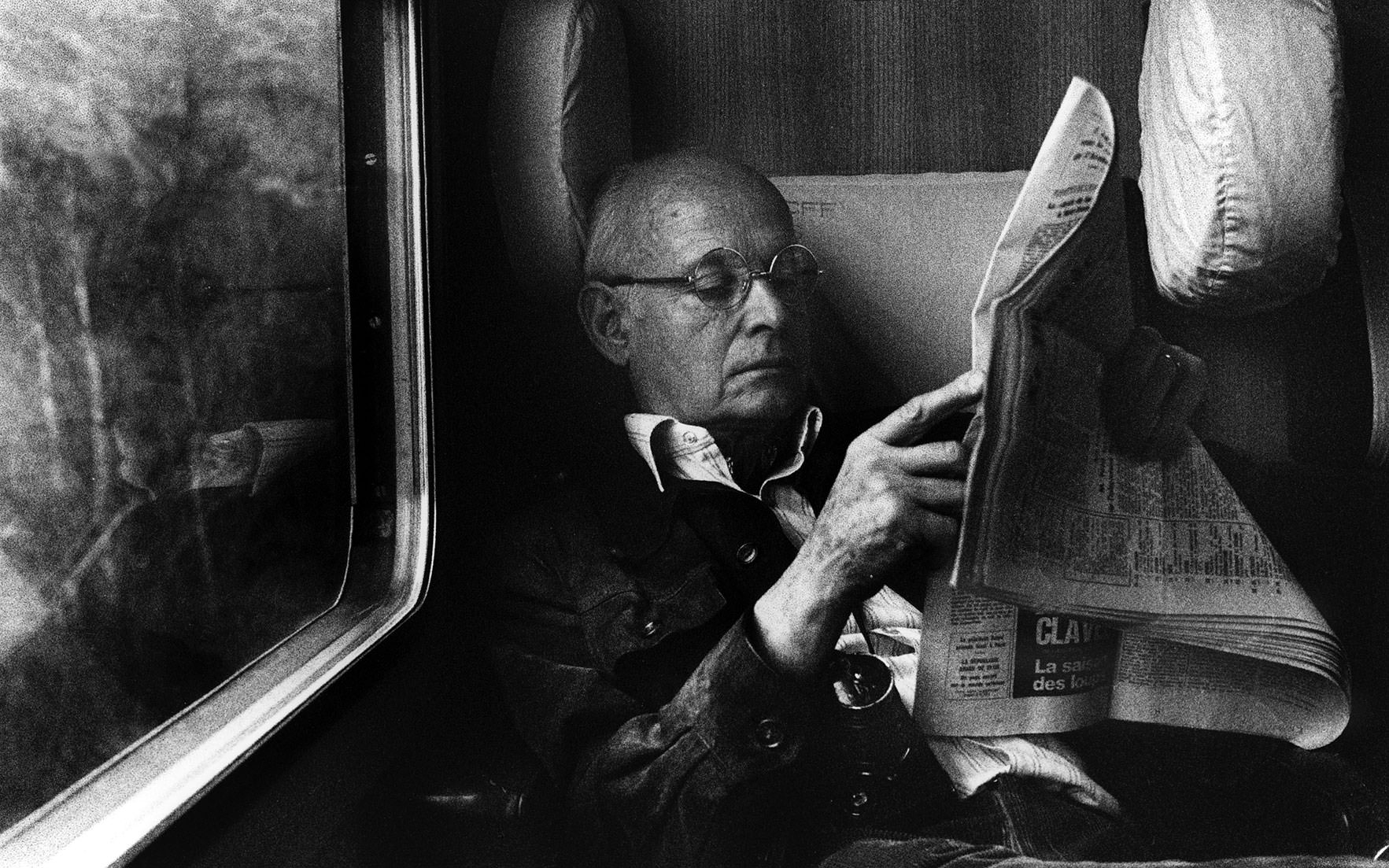
Henri CartierBresson The Eye of the Century at Leica Gallery Los Angeles Exibart Street
Henri Cartier-Bresson was born in Chanteloup, not far from Paris, on August 22, 1908, the oldest of five children in a wealthy family so puritanically frugal, he once said, that as a small boy he.
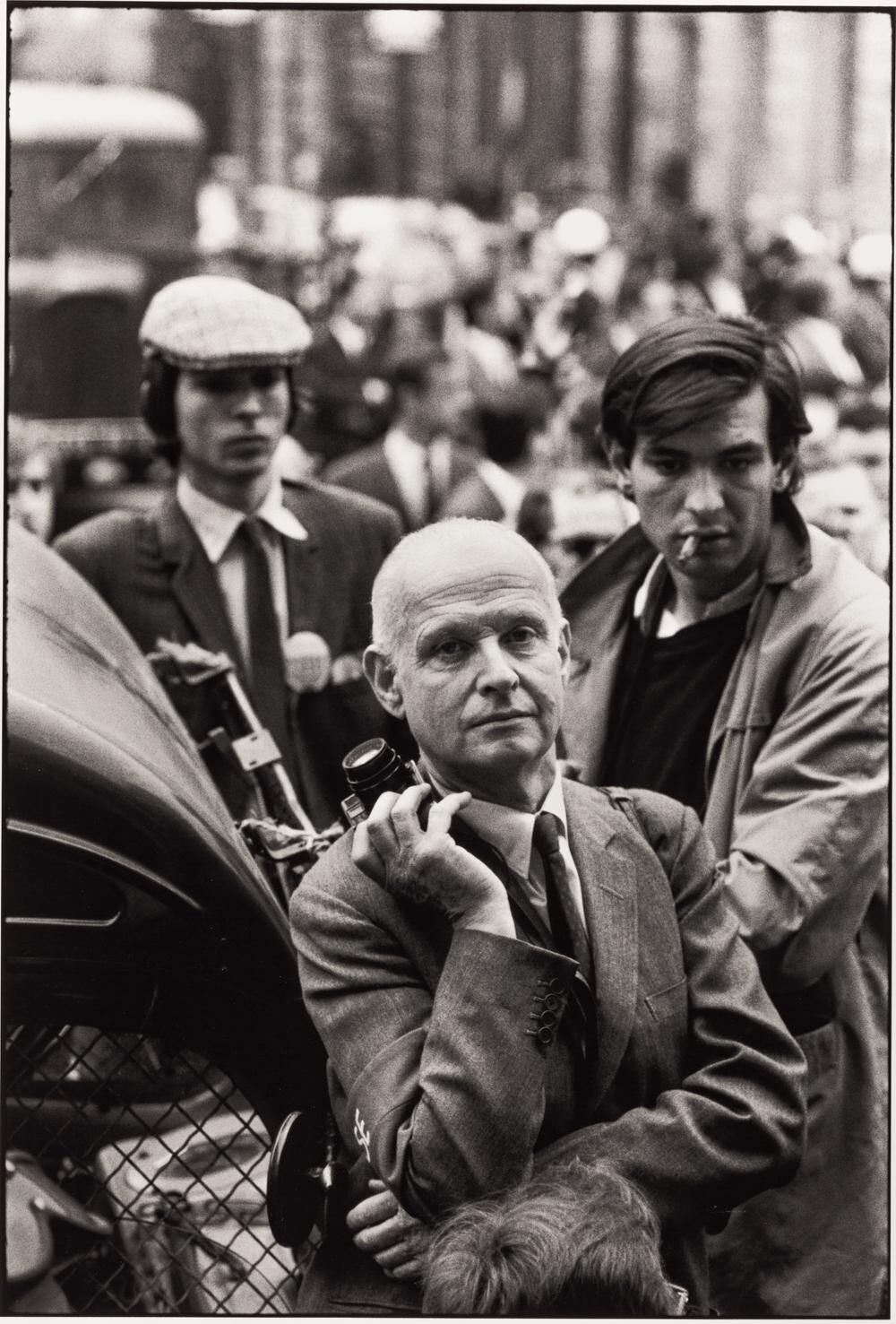
5 Things to Know about Photographer Henri CartierBresson Artsy
Henri Cartier-Bresson (French, born August 22, 1908-died August 3, 2004) was an influential artist and photographer of the 20th century. Considered an early pioneer of photojournalism, Cartier-Bresson began his artistic career studying painting with André Lhote.He took his first photographs when he traveled to Africa in 1931, and he continued with this medium upon returning to Europe.

Henri CartierBresson 布列松 History Of Photography, Candid Photography, Underwater Photography
Born in Chanteloup-en-Brie, Seine-et-Marne, Henri Cartier-Bresson developed a strong fascination with painting early on, and particularly with Surrealism.In 1932, after spending a year in the Ivory Coast, he discovered the Leica - his camera of choice after that moment - and began a life-long passion for photography.

Henri CartierBresson Profesor de fotografía
The Fondation Henri Cartier-Bresson celebrates twenty years of photography! Under the patronage of Mrs Rima Abdul Malak, minister of Culture, the Fondation Henri Cartier-Bresson held its first gala dinner at the Pavillon Cambon Capucines on Monday 6 November 2023 to celebrate its 20th anniversary. In 20 years, through a…
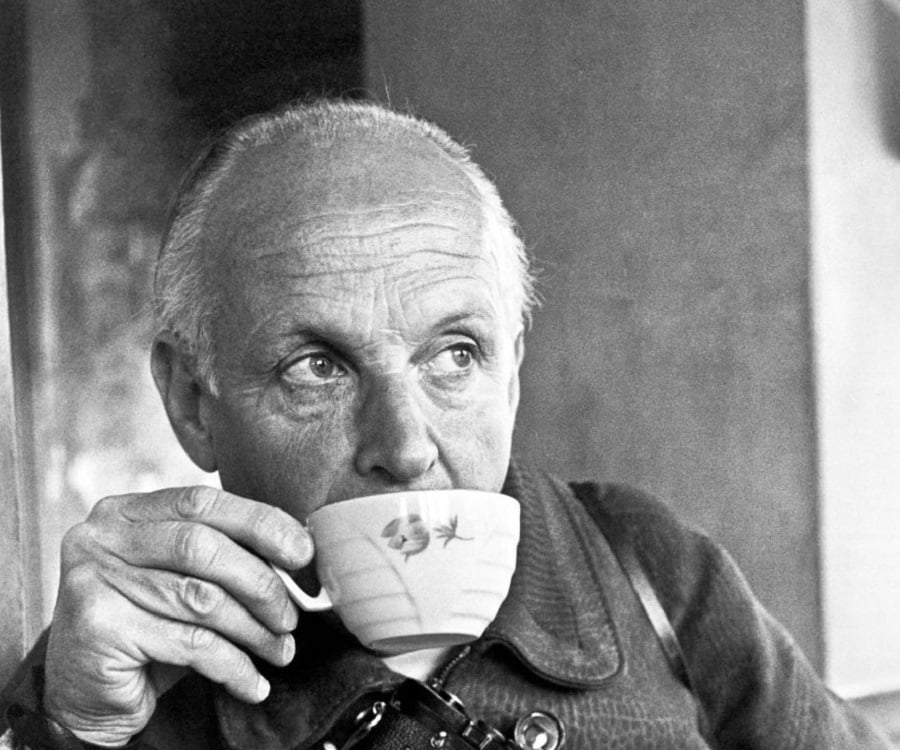
Henri CartierBresson Biography Childhood, Life Achievements & Timeline
Henri Cartier-Bresson, (born August 22, 1908, Chanteloup, France—died August 3, 2004, Céreste), French photographer whose humane, spontaneous photographs helped establish photojournalism as an art form. His theory that photography can capture the meaning beneath outward appearance in instants of extraordinary clarity is perhaps best expressed in his book Images à la sauvette (1952; The.

Henri CartierBresson The Decisive Moments of Street Photography Master Henri cartier
Henri Cartier-Bresson (French: [kaʁtje bʁɛsɔ̃]; 22 August 1908 - 3 August 2004) was a French artist and humanist photographer considered a master of candid photography, and an early user of 35mm film. He pioneered the genre of street photography, and viewed photography as capturing a decisive moment.
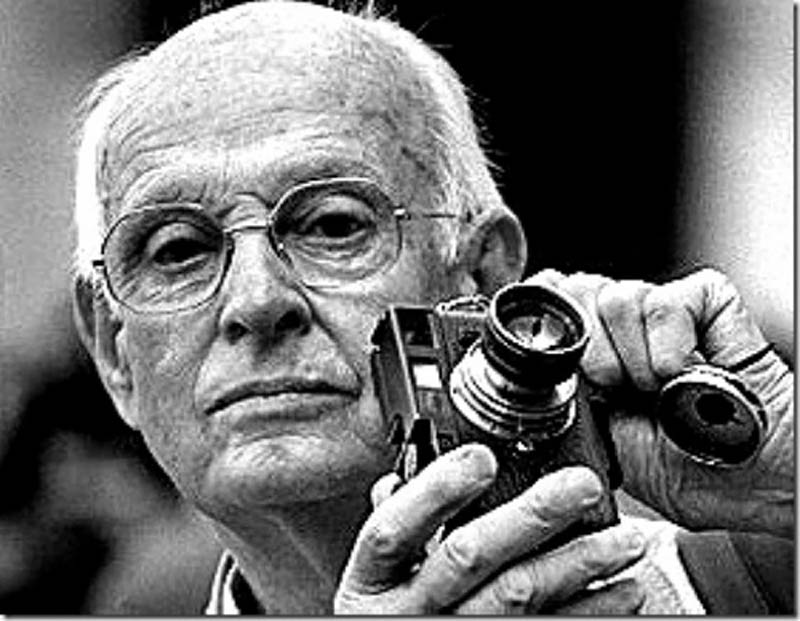
El fotoperiodismo de CartierBresson The Art Market, Hub del mundo del arte
August 3, 2016. When Henri Cartier-Bresson first picked up a tiny Leica 35mm film camera in 1931, he began a visual journey that would revolutionize 20th-century photography. His camera could be.

Henri CartierBresson Living and Looking The New York Times
Henri Cartier-Bresson was a French photographer and filmmaker known as a pioneer of street photography.His dramatic black-and-white works are among the most iconic images of the 20th century. The artist is perhaps best known for his 1952 book The Decisive Moment, originally titled Images à la Sauvette (Images on the Run), the book explored his notion of photography as a candid medium.

Henri CartierBresson, Founding Member Of Magnum Agency News Photo Getty Images
Henri Cartier-Bresson (French: [kaʁtje bʁɛsɔ̃]; August 22, 1908 - August 3, 2004) was a French humanist photographer considered a master of candid photography, and an early user of 35 mm film. He pioneered the genre of street photography, and viewed photography as capturing a decisive moment. His work has influenced many photographers.
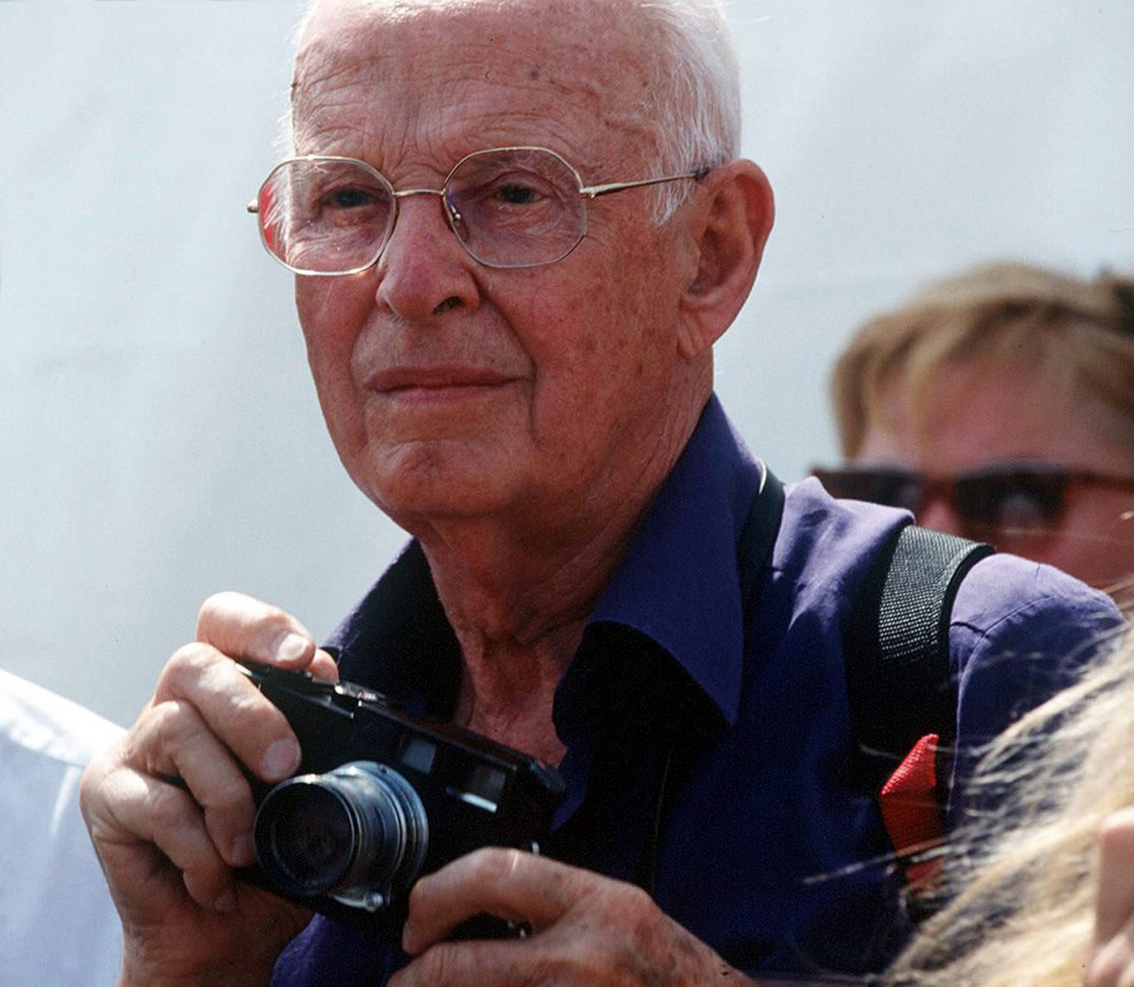
POINTS DE VUE _______________ Henri CartierBresson, photographe
Henri Cartier-Bresson was born in 1908 in Chanteloup, France. Throughout his childhood, Cartier-Bresson was interested in the arts. He was influenced by his father, a respected and wealthy textile merchant and his uncle, an accomplished painter. As a young boy Cartier-Bresson read the literature of the day by authors such as Dostoyevsky.
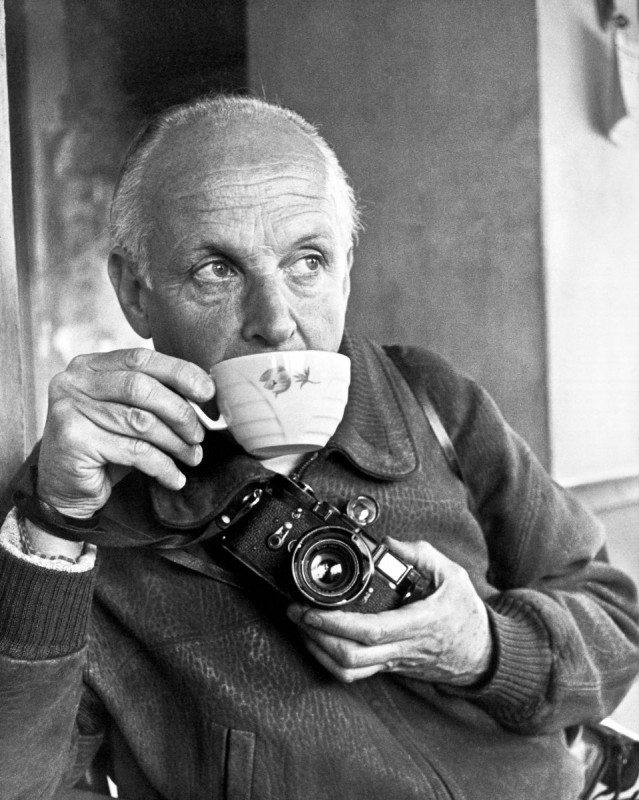
17 (More) Lessons Henri CartierBresson Has Taught Me About Street Photography
From the 1930s, Cartier-Bresson primarily used his Leica 35 mm camera, most often fitted with a 50 mm lens. Its small size was revolutionary at the time, as it freed him from the bulkier medium format cameras that would have made his presence noticeable. Valuing anonymity as a tool to take better candid shots, he often wrapped the camera body.